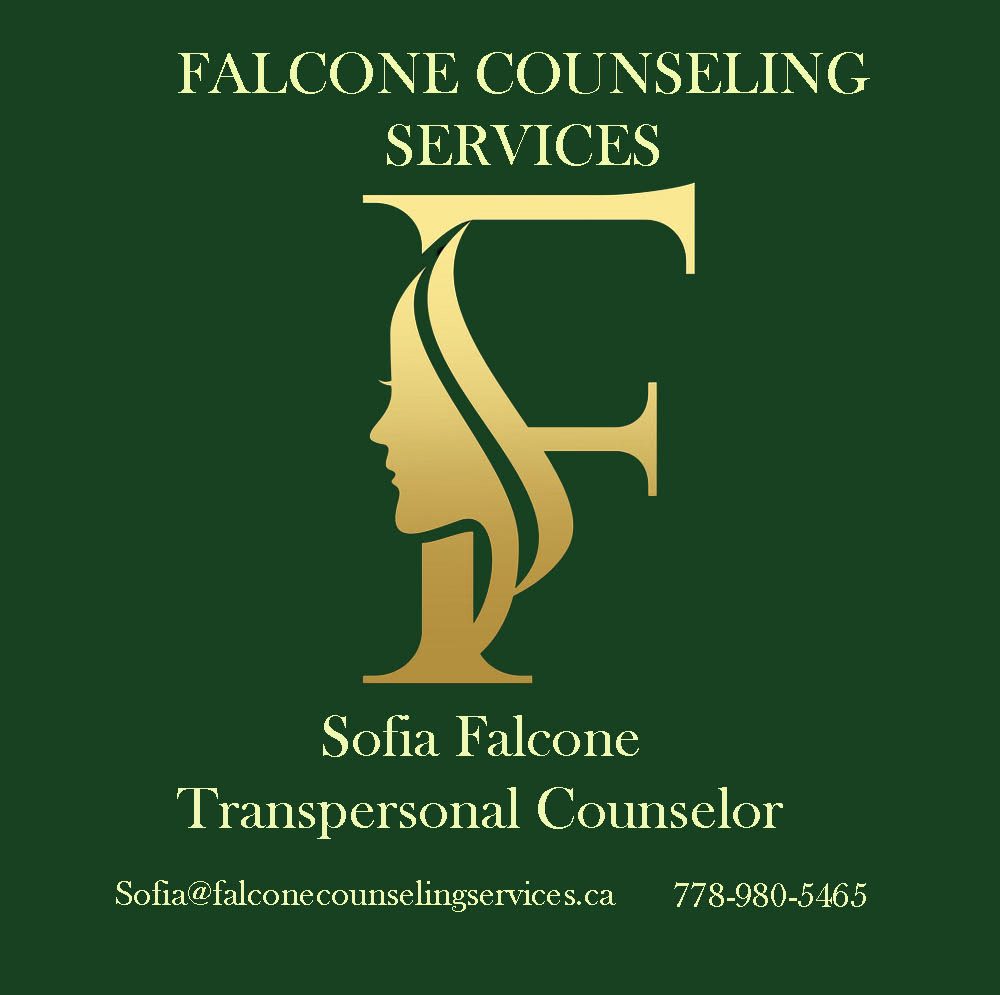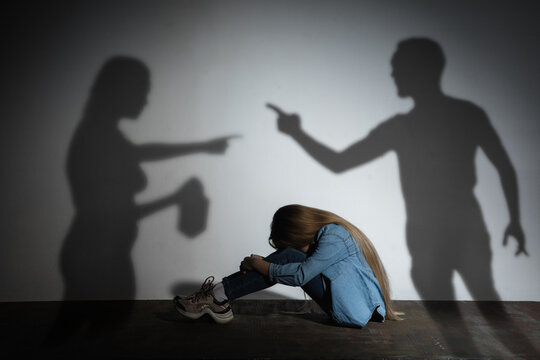Families vary greatly in how they function. While some offer love, safety and support, others can perpetuate harmful patterns that impact a child’s development….
This article focuses on the ramifications of growing up within highly dysfunctional families; this does not extend to cover physically abusive families; although the repercussions of mental or physical abusive are quite similar and often overlap. In the past I have written about growing up in abusive families, I invite you to read those articles if interested.
In a perfect world, we characterize healthy families those that prioritize safety, respect boundaries and meet individual needs. In contrast, dysfunctional families neglect or emotionally harm children, creating an environment of chaos and insecurity. However, we do not live in a perfect world, and there is no such a thing as the perfect family. Try as one may, we all make mistakes, be it because that is just how life unfolds or because as empathetic as one can be, we are not in a position to know exactly what another may or may not need or feels.
Dysfunctionality can make itself apparent in two ways; the most common one is “toxic dysfunctionality”. Under this category we find individuals whose pattern of behavior is evident is harmful to others. The second one is not as obvious to many because it can easily disguise itself as love. The second path of dysfunctionality is the “toxic passive aggressive”. In this category we often find parents who shower their children with love, but that love comes at the price of them discovering and developing their own individuality. Often these children grow to become mini copies of their parents while suffering in silence because they grew up hearing directly or in more manipulative ways that love is sacrifice…in other words, they were a sacrifice. It is true love can at times results in choices one would not make if children were not involved; however, if the choice is made out of love, it is not to be equated to sacrifice. To keep remining children of one’s sacrifice, is to indirectly hold them responsible for the choices of adults. It would help if we kept in mind that our subconscious understands words differently. Love involves caring for the welfare of another; it means: I always have a choice, and because it makes me happy to do this for you, I am choosing you. Sacrifice is understood as: I have no choice but to do this for you.
So what happens to those who grew up within very dysfunctional families? Here is where it becomes evident to be a mystery, and that a lot has to do with the eseence of a person but also with the extrenal world. In other words, the importance of being protective of all children and kind to them. Why? because one external kind exchange may be the ember needed for a child to hold on to hope that life can get better.
There is not one rule for all when it comes to the ramifications of growing up within unstable homes. The concesus is, the child will grow up with a lot of mental wounds to heal. Overall, some children develop the ability to invert, meaning, they become deeply resilient adults with open hearts. Other children may be so difunctionally protected that they become incapable of empathizing with others, if those others are not similar to them, and people are seen often as means to an end- they can understand pain cognitively but lack the ability to connect from the heart.
Human beings remain a puzzle, but as parents we need to become conscientious that constant instability as well as over sheltering, both harm a child, and leave a tremendous mark on the soul and psyche of the future adult.
Dysfunctional dynamics often manifest in various forms and are often the result of the combination of two or more of these….
- Chaotic homes: Characterized by absentee parents and neglectful parenting.
- High-conflict families: Where constant tension and lack of emotional bonds prevail.
- Pathological parents: Those with personality disorders that are untreated, unhealed, unmanaged or substance abuse issues.
- Dominant parents: Who exert control over others, leading to repressed emotions, or who use their emotions as a tool to blackmail children into submission.
- Emotionally distant parents: Resulting in low self-esteem and poor emotional expression.
Children raised in dysfunctional families struggle with forming healthy boundaries, self-esteem, and relationships. They may even perpetuate these patterns in their own lives.
For a child who grew up in a dysfunctional family dynamic, it is difficult to form healthy boundaries, have healthy self-esteem, and form respectful and loving relationships. Many times, the children themselves repeat the parent’s pattern they learned in their childhood and indulge in self-destructive behaviors as a means of escape. The pains of dysfunctionality radiate over the decades and can be life-altering. Were you the victim of dysfunctionality, be it over sheltering or neglect, there can be some lifelong impacts you may experience…. including:
- Trust issues: Stemming from a lack of reliability and safety.
- Difficulty setting boundaries: Often forced to tolerate abusive behavior.
- Communication problems: Avoiding conflict and suppressing emotions.
- Anxiety and depression: Caused by constant stress and unpredictability.
- Scapegoating: Placing blame on one family member to deflect dysfunction.
- Financial instability: Due to a lack of financial education and stability.
- Learning violent behavior: From witnessing or experiencing abuse.
- Self-medication: Using substances to cope with trauma.
- Acceptance of suffering: Believing conflict is normal and unavoidable. Growing up surrounded by people who argue frequently, or even avoid communicating, teaches children that conflict is an inevitable part of relationships. While this is partially true, human conflict is inevitable, dysfunctional families teach unhealthy and unsafe ways of dealing with conflict, and that becomes the problem.
If you’re a parent or caregiver and you think you may be falling into the same dysfunctional family patterns, whether over sheltering, making up excuses, covering up destructive behavior, teaching your children to see people as something they can use or constantly judge. Or if on the other hand, you find yourself blaming your child for everything, neglecting the child, screaming at the child, constantly fighting in front of your child, or turning your child into your therapist, then the least you can out of love is invest in your healing to change your behaviors.
If you recognize these patterns in your family or yourself, seeking therapy can provide a path to healing – it doesn’t matter if is seeking a counselor, psychologist, shadow worker, shaman or someone you admire and trust (someone you know will be impartial and who has some knowledge and experience on how to navigate the terrain of the soul and psyche). Through guidance, you can break the cycle of dysfunction and create healthier relationships. Individual and family therapy can be invaluable in this journey towards healing and growth.

